HOME > Basketball
Analysis | Can Jordan win 15 championships when he chooses his teammate? This statement is too ridiculous. There is no need to choose the facts.
4:27am, 31 May 2025【Basketball】
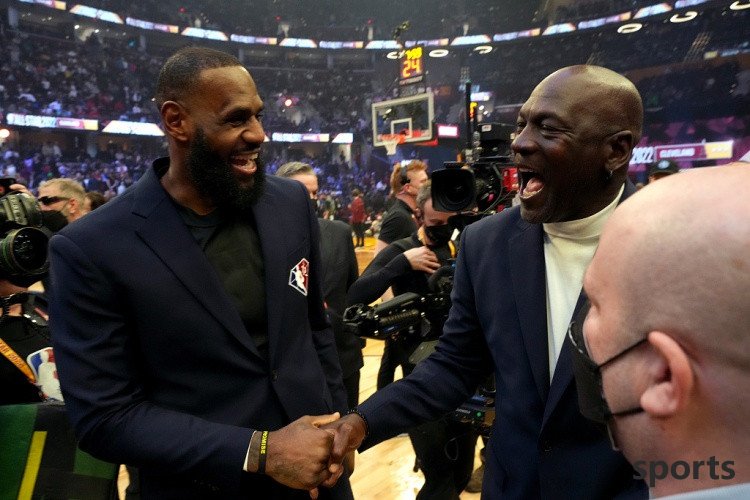
(The original article was published on May 26, the author is SamQuinn of CBS Sports, and the content of the article does not represent the translator's views)
"Michael Jordan vs. LeBron James" may be the most controversial topic in the basketball world. Everyone holds a point of view, and most of them are tenable. Jordan and James are completely different players. They are in different eras, play under different coaches, and have matched with different teammates. There is no standard answer to the question of who is better: Jordan is a better scorer, while James is a more versatile player. Who you choose depends on your value judgment of the basketball player, and there is no wrong answer to this multiple-choice question.
But recently, people around Jordan have made absurd conclusions. When Jordan's long-time agent David Falke delivered a speech, his arguments were based on completely wrong premises. Falke claims that Jordan's loyalty has prevented him from undisputedly crowning the best in history in the face of James' habit of forming a team through a free agent market transfer. "I do appreciate LeBron," Falke said, "but if Jordan could also choose his favorite team and partner with two superstars, he would have won 15 championships."
First of all, it must be clear that Jordan would never win 15 championships. Falke is obviously exaggerating, and the specific numbers he gives become an excellent entry point. Because Jordan only played 15 NBA seasons in his entire career, there is no possibility of winning 15 championships by choosing a team independently. As the most influential agent in NBA history, Falk knows better than anyone else: players cannot choose their own team.
James was selected by the Cavaliers back then. If he had the right to choose a team that was 18 years old, he would never have chosen the Cavaliers who had 17 wins and 65 losses. Of course, there is no choice in reality, and the Knight's poor management in the following years is obvious to all. Therefore, after playing for 7 years, James chose to switch to a more competitive team.
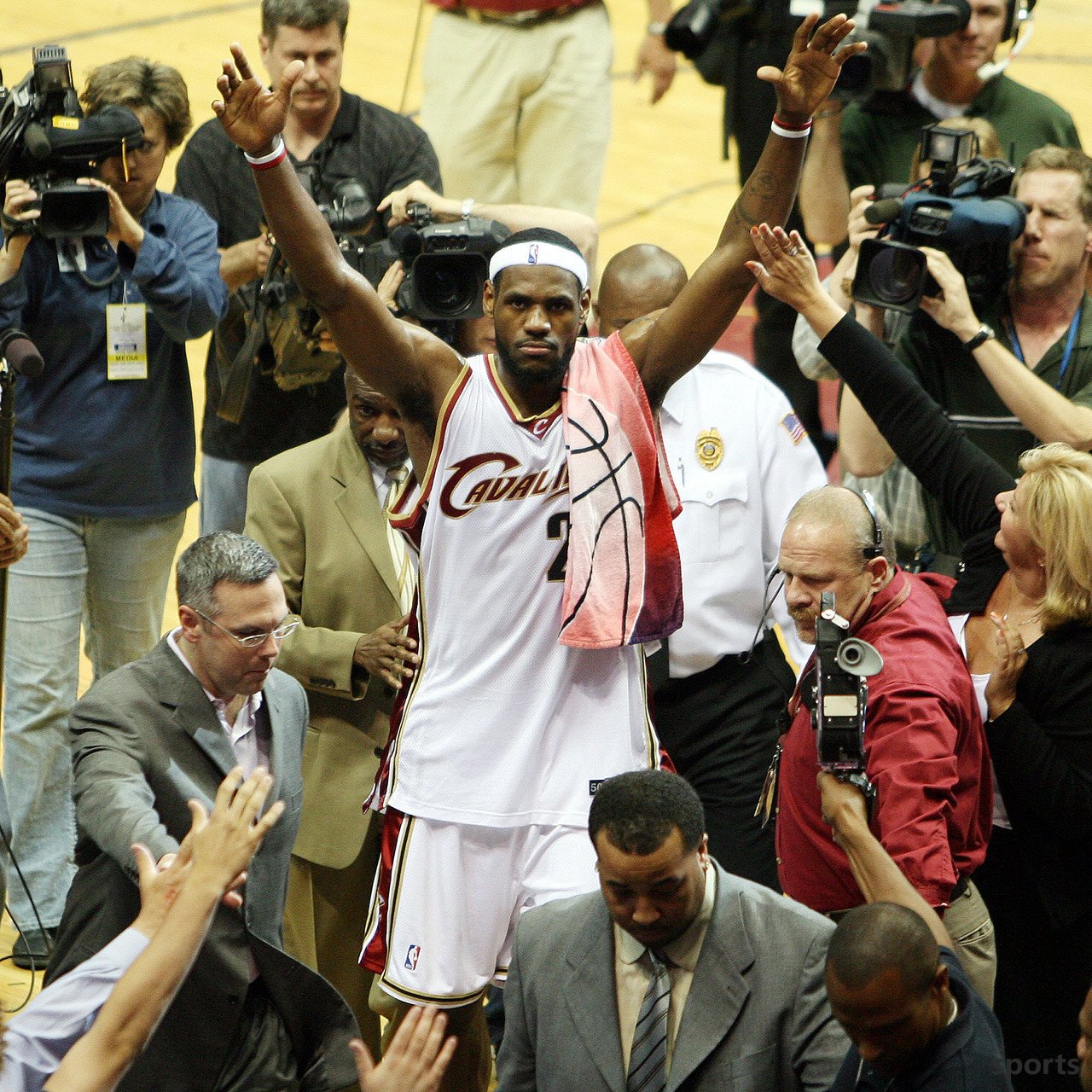
This is the norm in professional sports: great players are selected by weak teams and have been trapped in poor lineups for a long time. If the team fails to strengthen it, the players will naturally choose to leave. Jordan's situation may have been exactly the same, similar to James, who was also selected by the Bulls in the Midwest, and his rookie contract was initially bound to seven years (completely consistent with James' first term with the Cavaliers). This means that if Jordan decided to leave the Bulls that year, his transfer timing would be exactly the same as James' career node when he left the Cavaliers.
So back on the first seven years of Jordan's career: what was he doing at the end of the seventh season? He is holding up his first championship trophy in his career. From the time when Jordan was the first to become a free agent until the end of his career, he never let anyone fall behind in the championship of any full season. From 1991 to 1993, he retired after completing three consecutive championships, missing most of the entire 1993-94 season and 1994-95 season; after his comeback, he won three consecutive championships and retired for the second time. In fact, it is impossible for Jordan to win more championships by frequently changing teams. Except for his retirement years, he won all possible championships in this career window.
Can this lead to other arguments that support Jordan? certainly. Did he miss the chance to win the championship due to retirement? It's entirely possible. Jordan missed most of the 30-year-old season and 31-year-old season in full, which is the golden age to win the championship. When he left the Bulls permanently after the season at the age of 34, he obviously still had dominance: he still maintained his All-Star level when he returned to play for the Wizards three years later, not to mention that James won his last championship at the age of 35.
But using these seasons to defend Jordan is actually a logical misplaced, because giving up participating is Jordan's own choice. His missed championship was not because the Bulls failed to form a good lineup, but because they chose to withdraw from the game.
The fundamental reason why James was forced to switch teams is that the Cavaliers have never been able to create a suitable championship lineup for him, and Jordan obviously never faced this dilemma. He joined hands with Pippen and Phil Jackson to win the championship six times in the Bulls. We cannot attribute the achievements of Pippen and Phil Jackson entirely to Jordan: in his first season after Jordan retired for the first time, Pippen ranked third in the MVP vote; and after Jordan retired for the second time, Phil Jackson led the Lakers to the top five times. These legendary figures already have independent historical status.
If Jordan had partnered with James in the Cavaliers, he would have been unlikely to win six championships. Although Jordan himself may be extremely reluctant to admit it, it is lucky to meet a general manager like Jerry Klaus at a critical stage of his career. It is Klaus who brought him Pippen, Phil Jackson and all the elements needed to win the championship. James failed to get this opportunity, so he could only take the initiative to create opportunities and form the championship-level lineups that Jordan naturally won through independent choices.
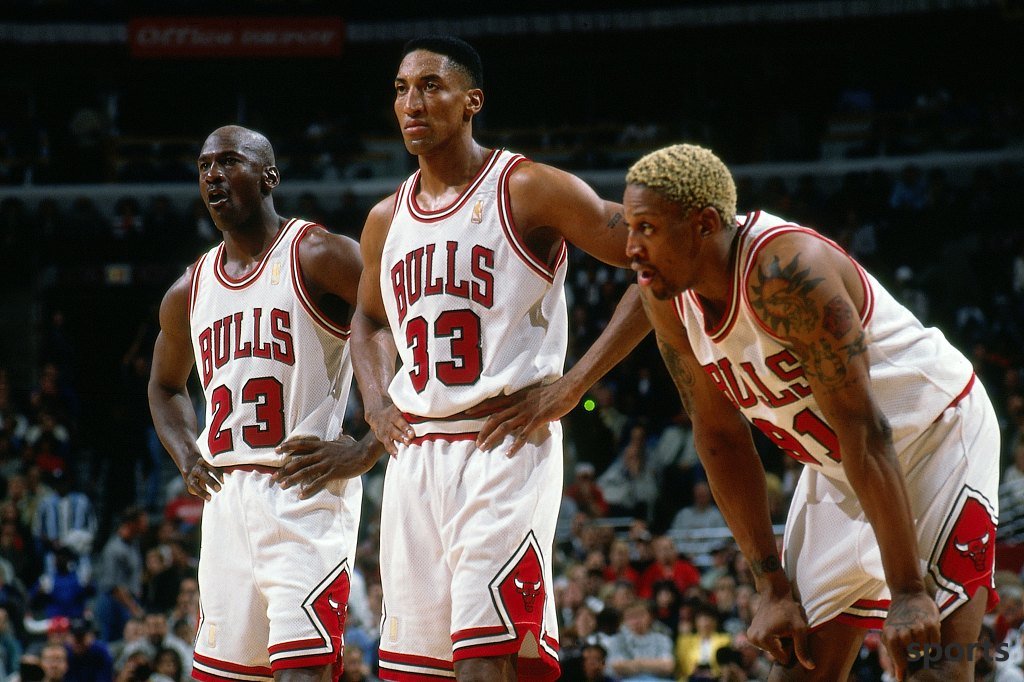
But let's put aside these factors for the time being, assuming we are in a parallel universe, Jordan also needs to compete for a chance to win the championship by changing teams like James. According to Falke, if Jordan really wants to "select two superstars to compete for the championship independently", can he really do it?
The answer is likely to be no. This is not a problem with Jordan's personal ability, but arising from the operating mechanism of the NBA salary cap during his career. In that era, it was basically impossible to accumulate multiple superstars through the free agent market. The key reason was that no maximum salary system was established at that time. In 2010, James was able to form the three giants with Wade and Bosh, which was precisely because of the alliance's regulations that the three people's salary in the first year of the new contract shall not exceed 30% of the salary cap (three 30% of the salary cap, which is 90% of the salary cap). This mathematical feasibility was established.
Guess what proportion of Jordan's salary during his peak period account for? The answer is definitely beyond imagination: the NBA cap was $26.9 million in the 1997-98 season (the last season of the Jordan Bulls), while Jordan's salary was $33.14 million in a single season, which means he alone accounts for 123% of the salary cap. Is he worth the price? Of course, this is Michael Jordan. But this kind of operation in the alliance today is impossible, because the maximum salary system has not been established yet. This mechanism gives the parent team a huge advantage in renewing free agents: with bird rights, the team can break through the salary cap limit and retain their own stars, which has led to such astronomical contracts.
Is it possible for Jordan to take the initiative to cut his salary? It is feasible in theory, but it should be noted that even if he is willing to cut his salary, other teams may not be able to introduce him while retaining his original superstars, because those superstars also have an astonishingly high salary. Under the current rules, free agents can only sign contracts that account for up to 35% of the salary cap (and require at least 10 years of age), but in the era of Jordan's championship, the salary structure was completely wild and disorderly.
According to the salary database of HoopsHype website, from Jordan's first championship season (1990-91 season) to the Bulls' last season (1997-98 season), a total of 26 players earned more than 35% of the salary cap for the season. This list includes all Jordan's potential partners: David Robinson (5 times), Patrick Ewing (4 times), Reggie Miller (2 times), Gary Payton (2 times) and Alonzo Mooning (2 times) all made the list many times.
In particular, its peak annual salary once crazily accounted for 76% of the salary cap. When Jordan became a free agent in 1996, the Knicks tried to get him to join forces with Ewing. But due to insufficient salary space, they even came up with a workaround, which was jointly owned by cable company Cablevision and hotel group ITT-Sheraton. According to Sam Smith, a reporter from the Chicago Tribune, the Knicks plans to give Jordan $12 million in salary space first, and then add extra compensation by allowing Jordan to star in the Sheraton hotel advertising marketing contract.
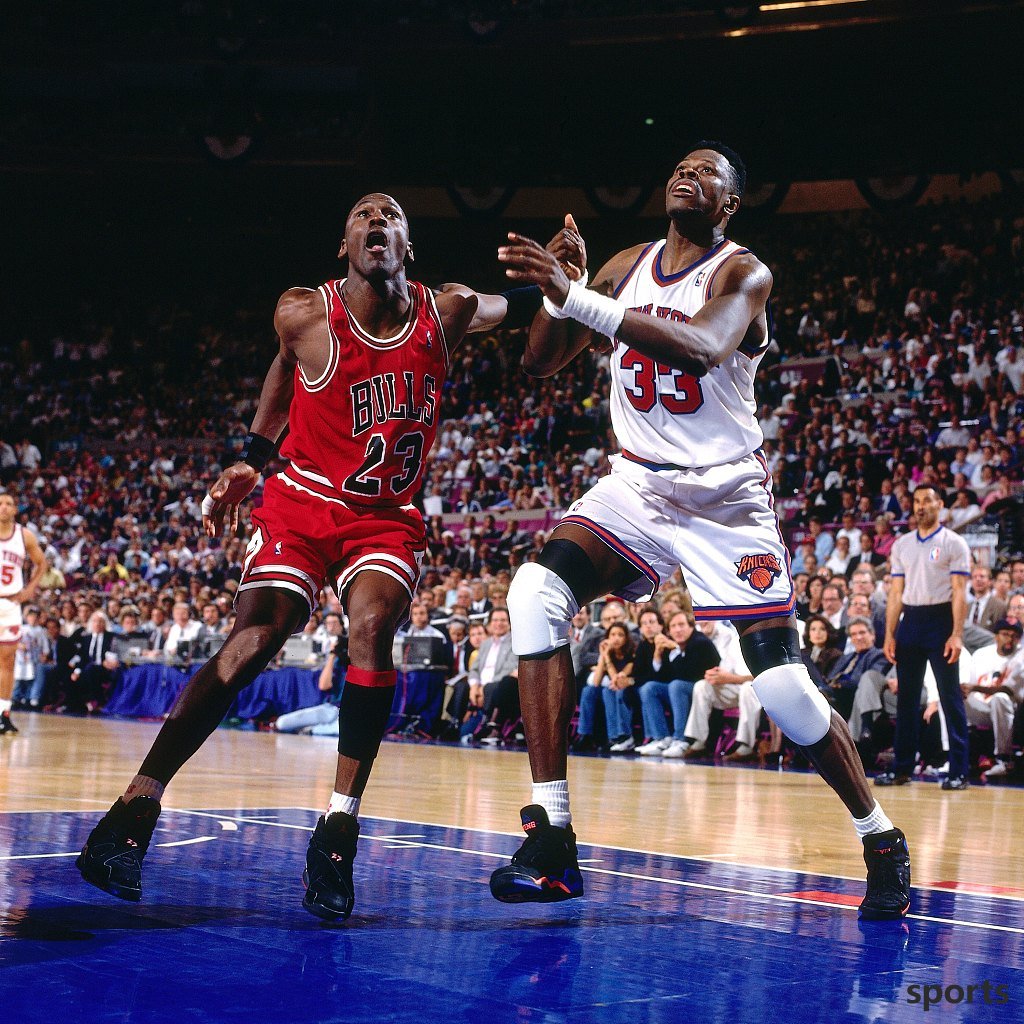
This operation is clearly defined as a "salary cap avoidance" in today's league and is illegal, but at that time it was the only feasible solution to form a free agent super team. In fact, the salary structure in the Jordan era was simply impossible to achieve free agent teaming, because the salary proportion of superstars at that time was too high.
I know what you are thinking: Isn't this James' advantage? He has a way to build a team that Jordan does not have. It is indeed the case from a technical perspective, but remember that even if James can form a super team through the free agent market, his opponents can do it. This means that when James has to fight the almost invincible "Durant + Warriors", Jordan has never encountered a superstar combination specifically targeting him through free agency. In a sense, this has become Jordan's huge advantage: he has a championship-level roster led by Pippen, but his opponents are extremely difficult to get the top talents to compete with.
Jordan faced 10 All-Star opponents in his six finals tour (1.67 per game), of which 9 were trained by opponent teams' self-drafting, and Charles Barkley only obtained through trades. The teams defeated by Jordan are simply impossible to achieve a leap in combat power like the Warriors got Durant. Without this reinforcement method, these teams always have a slim chance of winning in front of the iron triangle of Jordan, Pippen and Phil Jackson.
Why did it take so much effort to sort out these things? Is it to prove that James is actually stronger than Jordan? Not so. This is a subjective judgment after all, and there are too many reasonable basis for choosing Jordan (I have recently analyzed the 1988-89 season when Jordan was seriously underestimated). But the argument of agent Falk is by no means the way we should discuss when comparing the best players in history.
Such debates often fall into a Falke-like logical trap: both sides, like he accused James of "selecting teammates", intercepting data, honors or hypothetical situations, but ignoring that the two are in completely different NBA ecology - the rules system, technical focus, team structure and opponent composition are all completely different.
The real debate value should focus on the essential characteristics of the player: do you prefer all-round fighters who can play in five positions, or experts who have reached the pinnacle of individual abilities? More eager for a historic scorer or an epic organizer? These questions that cannot be answered objectively are the core criteria for judging "Goat", rather than cheap rhetoric that tilts one side to raise the other side by belittling one side.
Original text: SamQuinn
Compiled by: Li Taibai
Related Posts
- The Trail Blazers are 11th, the Spurs are 8th! US media predicts the Western Conference rankings in the new season: Clippers are 5th, Rockets are 3rd, and what are the Lakers?
- Porzingis: If the Celtics don t win the championship, we can exceed expectations in the Hawks
- Causing controversy! Yang Yi: If I were Guo Shiqiang, I would take Yang Hansen. If I don’t fight for the Asian Cup, something will happen.
- Durant Curryton was not Harden s opponent, both of them were almost defeated by the Rockets.
- The Lakers new player debuted: 3D champion + organizational brain, James Luca won the golden puzzle!
- After the Knicks were eliminated, four guesses, one person is the core, Thibodeau was dismissed, the guy touched the ceiling
- The league s first sword aims at the finals! Alexander is in a hot state, Edwards ushers in a life-and-death battle
- Hard! Refusing to apologize to Butler!
- Thunder G2 wants to beat the Nuggets, 3 points become the key! Westbrook wants to do two things well, and Jokic and the other two have no way out
- Nuggets win! Jokic assists the team in 16+10+8 to advance, Westbrook rushed into the court to celebrate after the game
Hot Posts
- The Trail Blazers are 11th, the Spurs are 8th! US media predicts the Western Conference rankings in the new season: Clippers are 5th, Rockets are 3rd, and what are the Lakers?
- Porzingis: If the Celtics don t win the championship, we can exceed expectations in the Hawks
- Causing controversy! Yang Yi: If I were Guo Shiqiang, I would take Yang Hansen. If I don’t fight for the Asian Cup, something will happen.
- Durant Curryton was not Harden s opponent, both of them were almost defeated by the Rockets.
Recommend
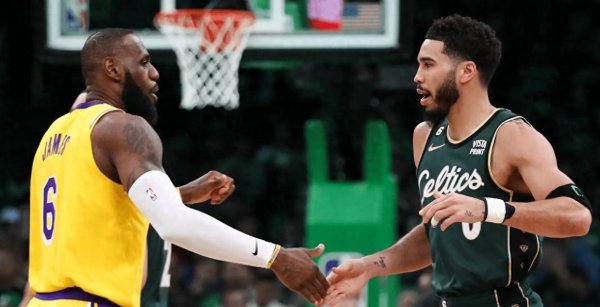
Undercurrents are surging in the NBA offseason! Booker may sign a 75 million contract, is it worth it?
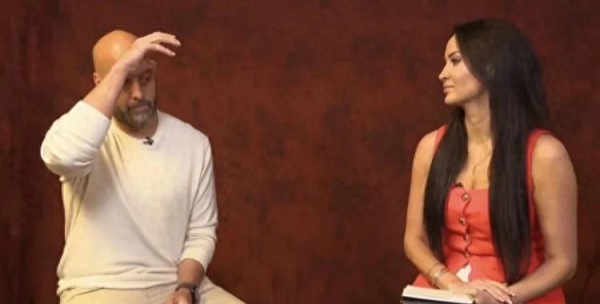
3 news from the NBA: Stone shows trading attitude, Green is expelling order, Reeves responds to trading
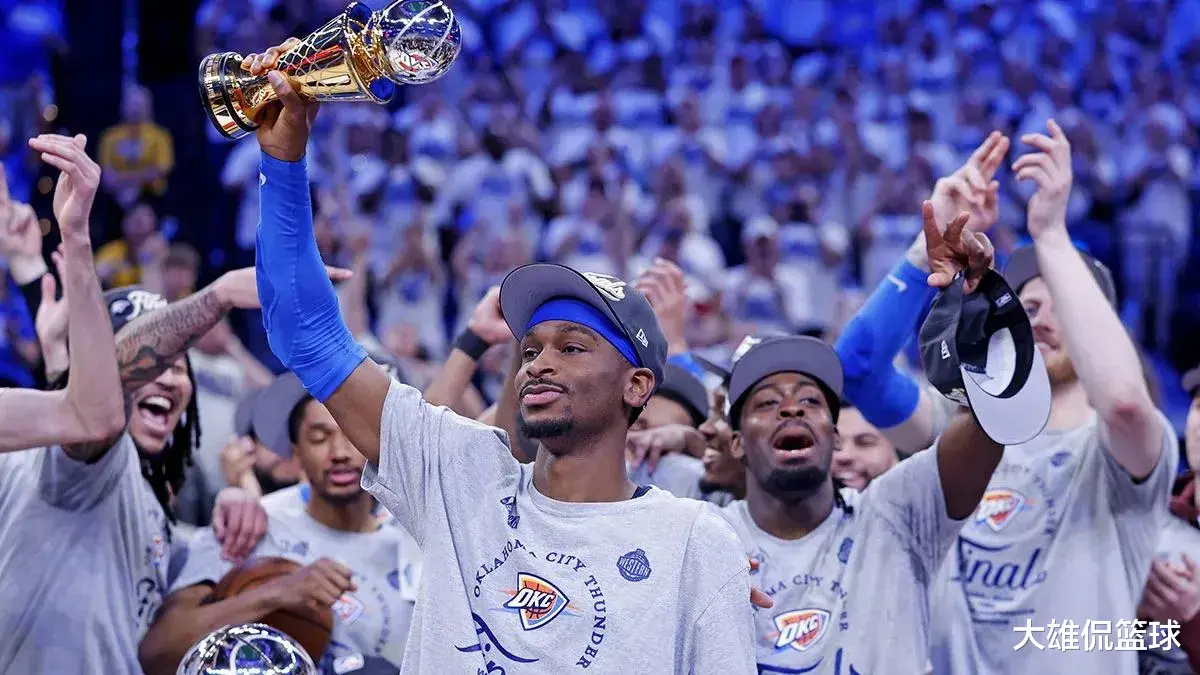
Is Alexander the strongest in active service? After winning the championship, he claimed to be the first person in active service, and was criticized by the outside world
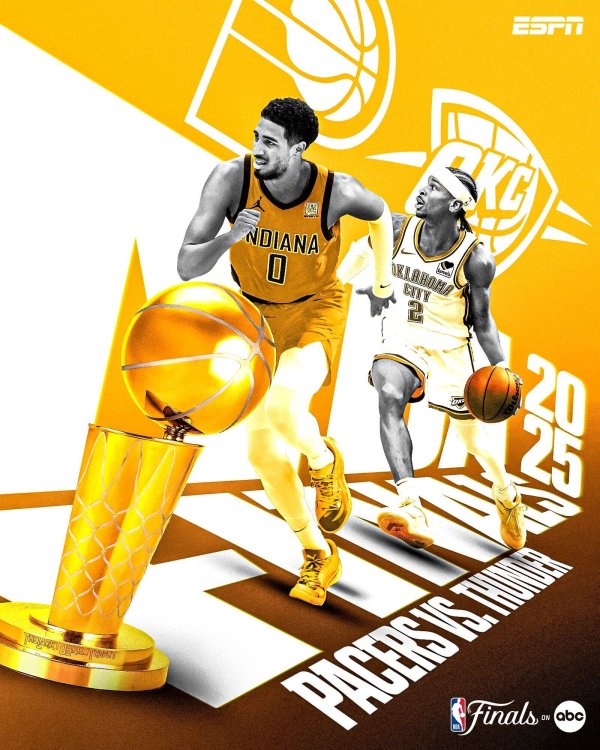
The Pacers Finals has no chance of winning? One achievement is comparable to the Universe and has not suffered a series of losses for nearly three months

When I said I loved James, right? Curry then defeated his opponent with 14 three-pointers in 30 seconds
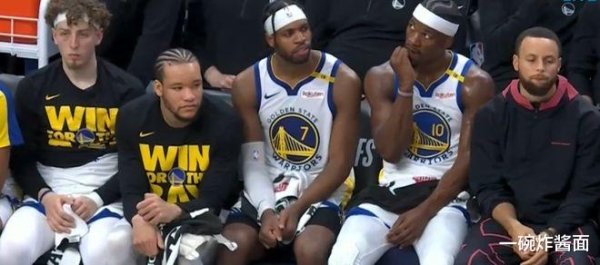
How did Curry break the Timberwolves absent? Analysis of the three key strategies
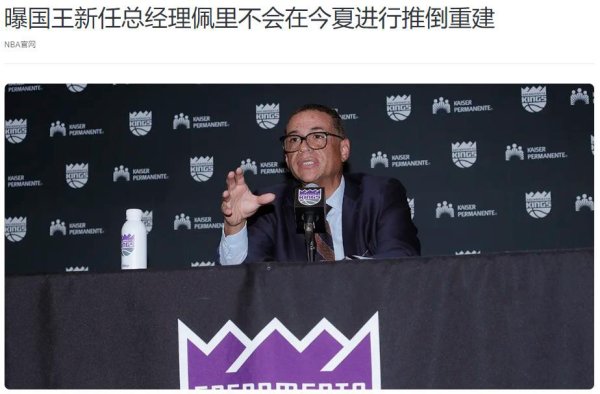
The Kings made a decision, the Lakers lost another goal to strengthen, and Pelinka faced a challenge. How should we deal with Kneckett?
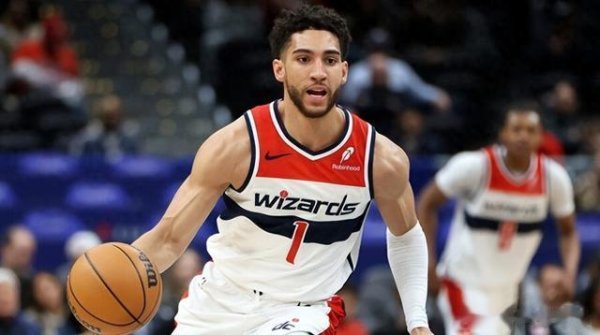
4 signings are reached! 2 for 1! The Warriors want to exchange Kuminga for Towns, and the 76ers will win the All-Star Forward